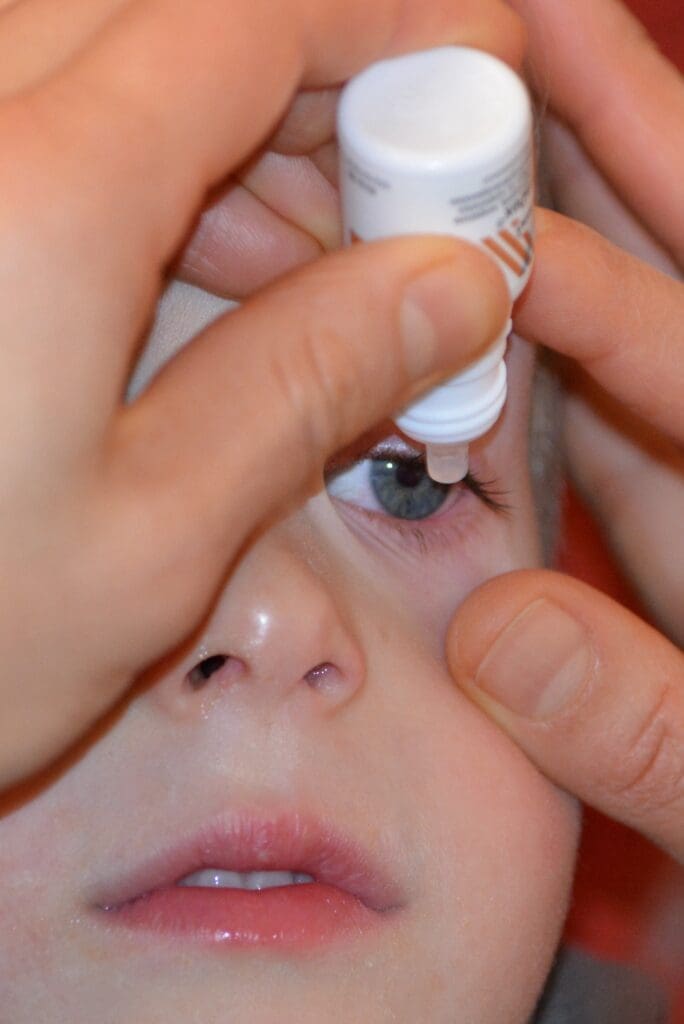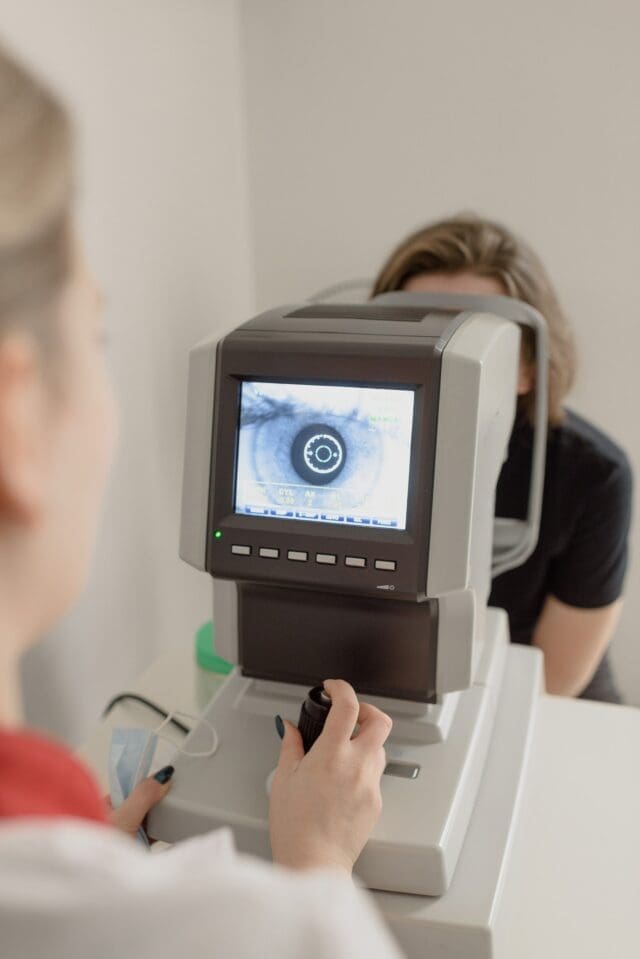It’s time for a check-up if you have excellent eyesight, but overtime or suddenly, you start to squint or blink because objects seem fuzzy. Blurred vision can be due to a myriad of health issues. It can also be temporal or permanent, depending on the health condition and the severity of the blurriness. Some people can experience blurry vision from birth due to congenital disabilities, while others develop the issue over time. Fortunately, it’s not often something to worry about because your eyes could be tired or you need a new pair of glasses. Read on to discover more potential causes of blurred vision.
You should visit ophthalmologists immediately for medical attention if the blurred vision comes with signs, such as frequent headaches, facial drooping, or trouble seeing. The eye doctor will conduct a physical examination of your eyes, eye tests like refraction tests and ophthalmoscopy, and blood tests. You can prevent blurred vision by avoiding smoking, eating a rich diet in eye-healthy nutrients, and undergoing regular eye exams.
Glaucoma
Glaucoma is an eye condition often associated with aging. Unfortunately, you only notice blurry vision and other glaucoma signs until the disease is more advanced. Glaucoma typically happens to individuals over the age of 50. Unfortunately, it has no cure, so the eye specialist only tries to slow down the progression through laser procedures or medications. Therefore, it would be wise to visit an eye doctor if you have blurred vision and are over 50 years old.
Myopia
Photo by Ksenia Chernaya from PexelsAlso known as nearsightedness, myopia is a standard refractive error. Myopic people can see up close things clearly, but the condition can also cause blurred vision for far away items. You might experience difficulty reading road signs when driving. Myopia can cause blurred vision in one or both eyes. Fortunately, your eye doctor can correct the blurred vision caused by myopia with refractive surgery, eyeglasses, or contact lenses.
Diabetes
Diabetes can increase the risk of an eye disease known as diabetic retinopathy. High blood pressure might damage the tiny blood vessels in the eye’s retina. The retina senses light. Damaged blood vessels can cause the macula, a part of the retina, swell, grow new and unwanted blood vessels in your eye, and possibly bleeding inside the eye. Therefore, the reason why you have blurred vision could be due to diabetes. Diabetic eye disease can also cause permanent vision loss and floating spots in your vision field. Early treatment is an effective way to prevent permanent damage due to blurred vision. It’s also wise to get annual eye check-ups.
Stroke
Blurry vision can happen after a stroke that affects the brain part that controls vision. Usually, a stroke involving your eye can cause blurred vision in one eye. You may experience other signs of a stroke, such as speech loss or weakness on one side of the body. It’s best to check with an eye doctor for the necessary tests and treatment early enough if that happens to you.
Astigmatism
Blurred vision is often a sign of astigmatism. It’s a refractive error usually caused by an irregularly shaped cornea. With this common cause of blurry vision, light rays fail to arrive at a single focus point on your retina for a clear vision, irrespective of the viewed objects’ distance from your eyes. It’s best to visit an ophthalmologist for eye tests and treatment. The eye doctor might correct the issue with refractive surgery, contact lenses, or eyeglasses.
Dry Eye Syndrome

Dry eye syndrome can affect your eyes in several ways, including fluctuating and blurred vision. An effective way of relieving chronic or dry eye syndrome is using artificial tears through lubricating eye drops to correct blurred vision. You might also need prescription medication if the case is advanced or punctual plugs to lubricate and keep your eyes healthy.
Cataracts
Almost everyone gets cataracts as they age. Your eyes might get cloudy over time, reducing their ability to see objects. Cataracts can cause blurry vision, making it harder to drive at night or ready in a lot of glare or dim light. The good news is that cataracts are curable by putting an artificial lens. Ophthalmologists can diagnose this common cause of blurry vision and prescribe the proper treatment.
If you are experiencing an unclear vision or lack of detail when looking at things, it could be due to cataracts, dry eye syndrome, or myopia. Please don’t wait for the blurred vision to affect your life. Visit experienced ophthalmologists for a check-up and early treatment.
Featured Photo by Ksenia Chernaya from Pexels




